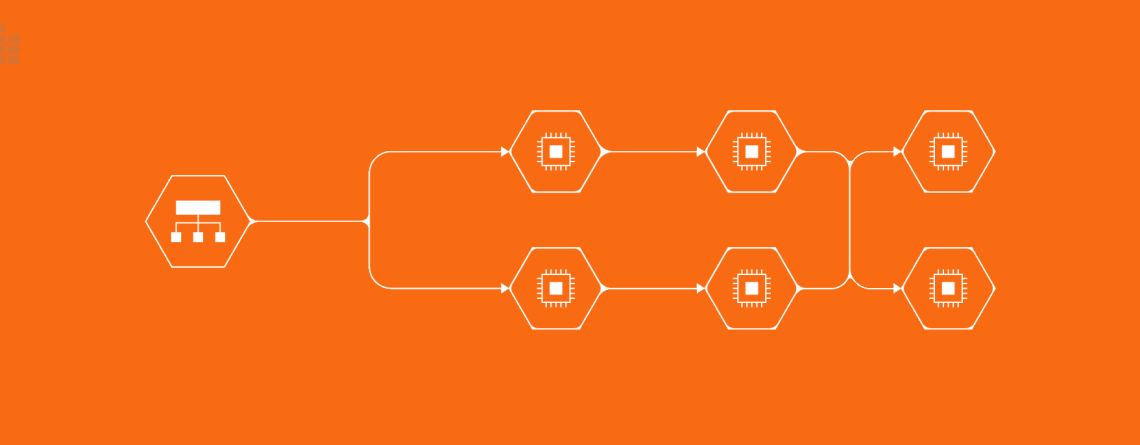Singleton vs Transient: Choosing Your Software Design Pattern
Table of ContentsIntroduction:Singleton Design Pattern: A Singular EntityTransient Design Pattern: Dynamic Instances in ActionChoosing the Right Pattern: A Delicate BalanceImplementation with C# Code Examples: A Comparative StudySingleton Implementation:Transient Implementation:Scalability and Maintainability: A Crucial DecisionConclusion: Striking the Right Balance Introduction: In this comprehensive exploration, we'll dive into the intricacies of two prominent design patterns in C#: Singleton...




